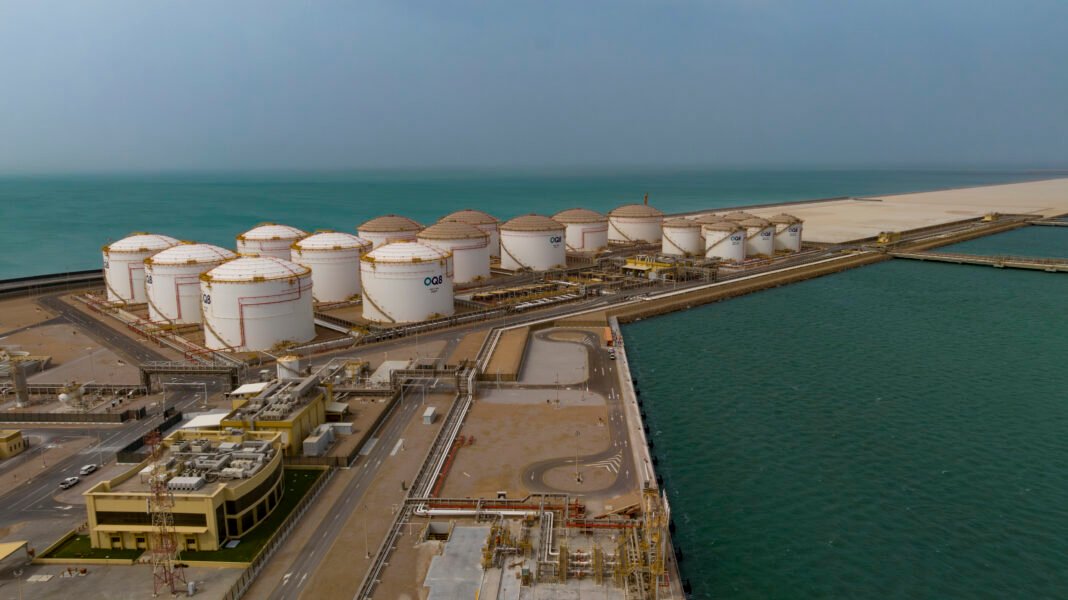Oman’s public debt fell to RO 14.1 billion by the second quarter, reflecting progress in financial management and debt reduction strategies. This improvement highlights the government’s commitment to maintaining fiscal discipline and building stronger investor confidence. Oman’s public debt reduction also signals a healthier outlook for the national economy and its future growth.
In parallel, the Ministry of Finance supported private sector stability by disbursing RO 749 million. Payments moved quickly through the financial system with full documentation. The ministry emphasized its ability to settle dues within five working days, boosting private sector trust in government efficiency. Consequently, Oman public debt reduction ties directly to greater business confidence and a more secure investment climate.
Public revenue totaled RO 5,839 million, which represented a decline compared to the same period last year. Hydrocarbon revenues drove this drop, as both oil and gas earnings decreased. Net oil revenue fell to RO 3,018 million due to lower prices and production. Net gas revenue also dropped to RO 884 million, reflecting a smaller but steady decline. Despite these challenges, current revenue rose slightly by 2% to RO 1,928 million.
At the same time, total public expenditure reached RO 6,098 million, marking a 5% increase. This growth was mainly fueled by higher development spending, which supported national projects and infrastructure upgrades. Current expenditure slightly declined by 1% to RO 4,118 million, showing some balance in government spending. Development spending by ministries and government units amounted to RO 688 million, covering 76% of the allocated budget.
Furthermore, contributions and other expenses increased to RO 1,161 million. Subsidies included RO 339 million for electricity, RO 289 million for social protection, and RO 44 million for oil products. The government also allocated RO 200 million to cover future debt obligations, reinforcing financial responsibility.
These figures demonstrate that Oman continues to balance revenue challenges with strong expenditure management. By focusing on development projects and meeting private sector obligations, the government builds trust with investors and businesses. Meanwhile, careful debt management supports long-term financial stability, encouraging more investment and growth opportunities.
Overall, Oman public debt reduction creates a positive signal for the country’s investment climate. With consistent support for the private sector and development spending, Oman strengthens its business environment and economic outlook.





